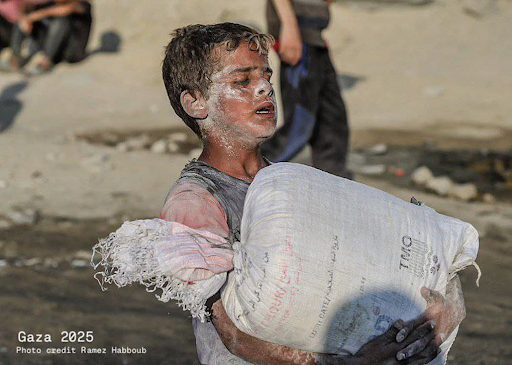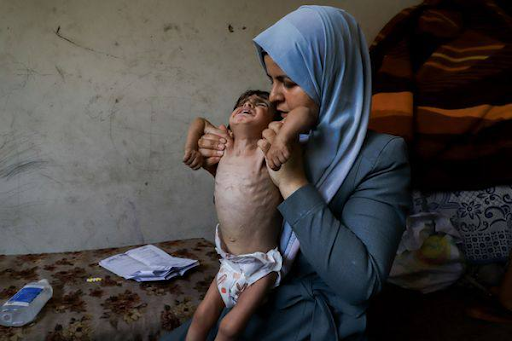Israeli Human Rights Organizations Found that Israel committed a Genocide in Gaza
B’Tselem, long known for its work documenting human rights violations in the occupied Palestinian territories, released a 79-page report in July 2025. The report concluded that Israel’s military campaign in Gaza, launched after the Hamas attacks of October 7, 2023, cannot be justified as self-defense or an attempt to dismantle Hamas. Instead, B’Tselem asserts that the actions constitute a systematic and deliberate campaign of genocide. According to the organization, this campaign includes mass killings, destruction of infrastructure, forced displacement, and policies that create catastrophic living conditions for Gaza’s population. It also highlights statements made by senior Israeli political and military leaders that allegedly express clear genocidal intent.
The report reflects a painful reckoning from within Israeli civil society. Yuli Novak, Executive Director of B’Tselem, described the findings as a “deeply painful moment,” acknowledging the emotional and moral difficulty of confronting such accusations from within one’s own country. “Nothing prepares you for the realization that you are part of a society committing genocide,” Novak said, emphasizing the duty of Israeli citizens to confront and speak the truth about the actions of their government.
PHRI, the second organization to make this accusation, focused its analysis on the destruction of Gaza’s healthcare system. The group published a legal and medical report documenting what it describes as the “deliberate and systematic dismantling of the health system in the Gaza Strip and other vital systems for the survival of the population.” PHRI concluded that these actions are not unintended consequences of war, but rather part of a calculated policy aimed at inflicting harm on the Palestinian population as a group—meeting the criteria for genocide under international law.
Both organizations stress that the context of the war cannot be ignored, but also argue that context cannot justify the scale or intent of the destruction. B’Tselem’s report draws on data gathered over the past 20 months, including thousands of incidents allegedly involving Israeli forces in Gaza, the West Bank, East Jerusalem, and even within Israel. The findings were derived from a combination of B’Tselem’s own fieldwork and credible reports from other thoroughly vetted sources.
What makes this moment particularly notable is that the genocide accusation is now coming from within Israel itself. This internal critique carries a different moral and political weight. It reflects a growing division within Israeli society about the conduct and consequences of the war in Gaza and raises new questions about accountability, justice, and the future of Israeli-Palestinian relations.

The accusations of genocide from B’Tselem and PHRI represent a landmark moment in the discourse surrounding the Israeli-Palestinian conflict. They challenge longstanding narratives, demand accountability from Israeli leadership, and call on Israeli society—and the world—to reckon with the devastating human cost of the war on Gaza.




























